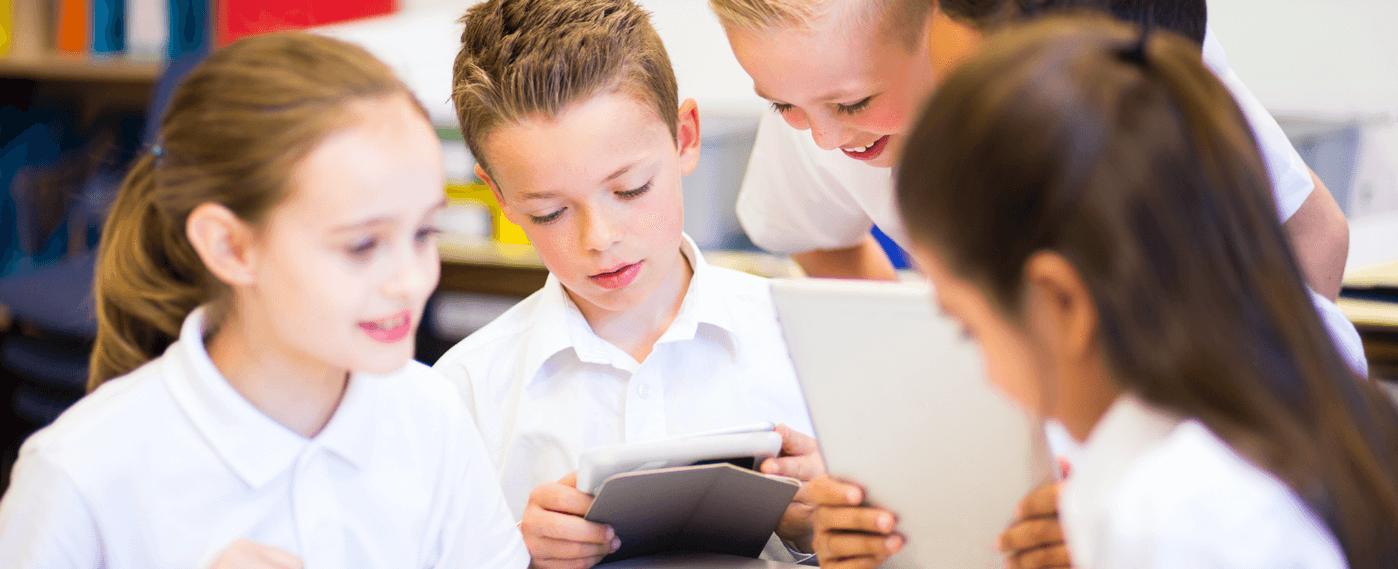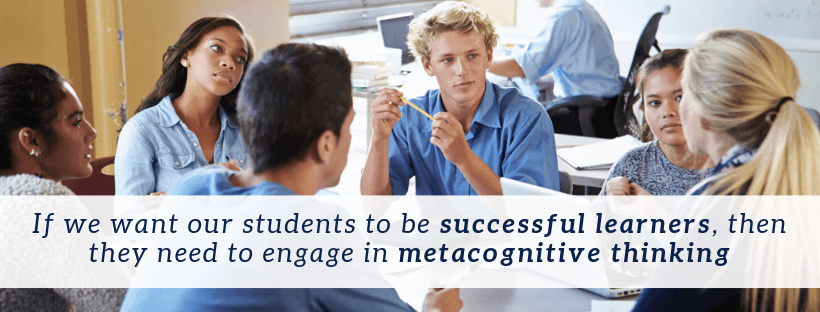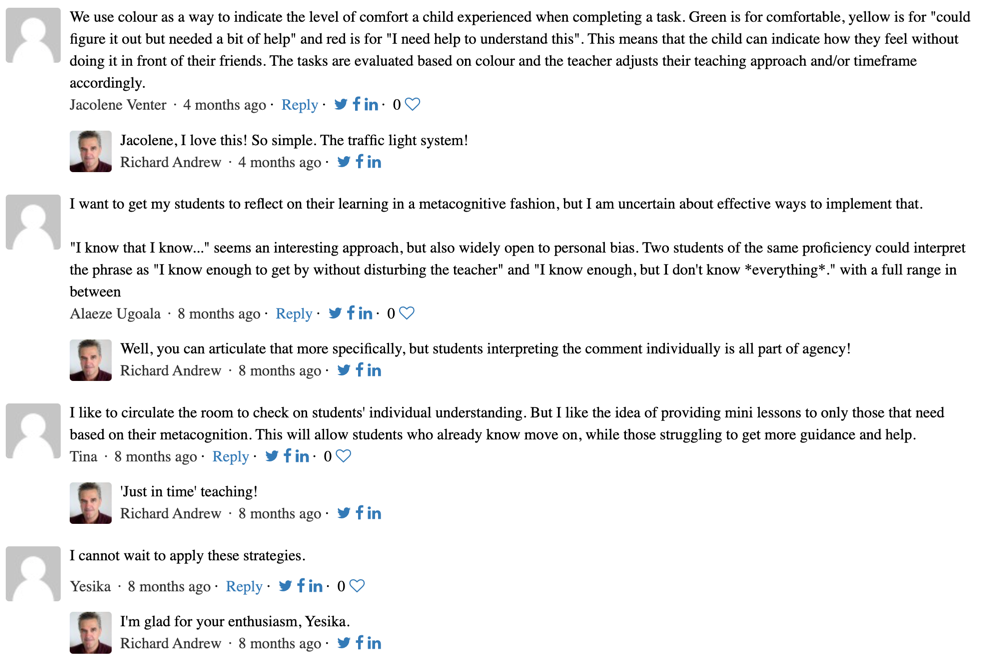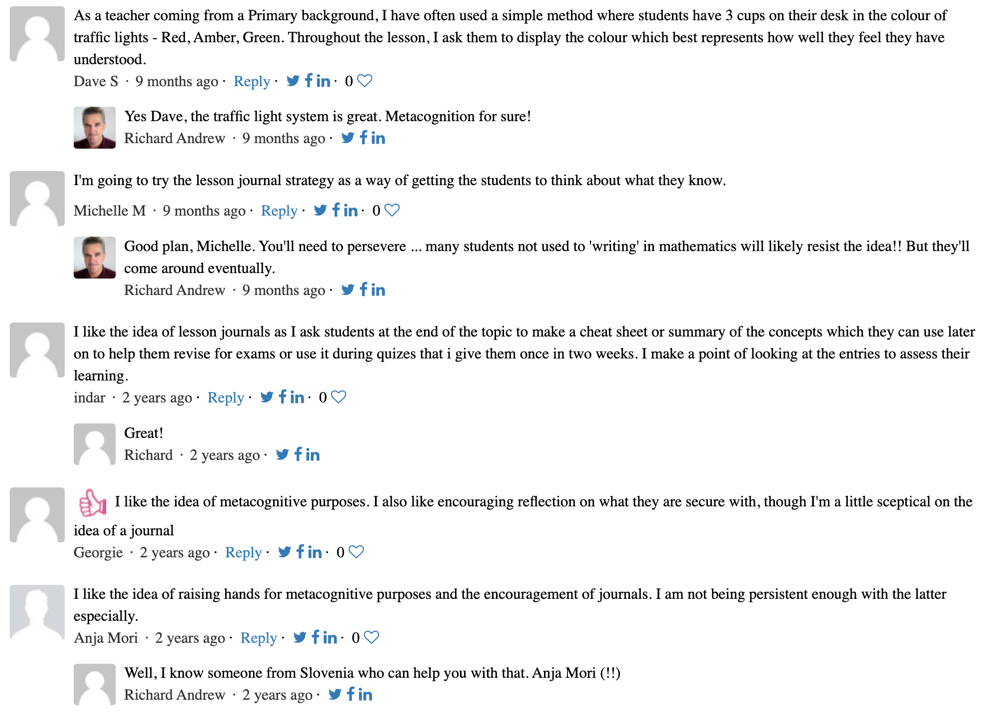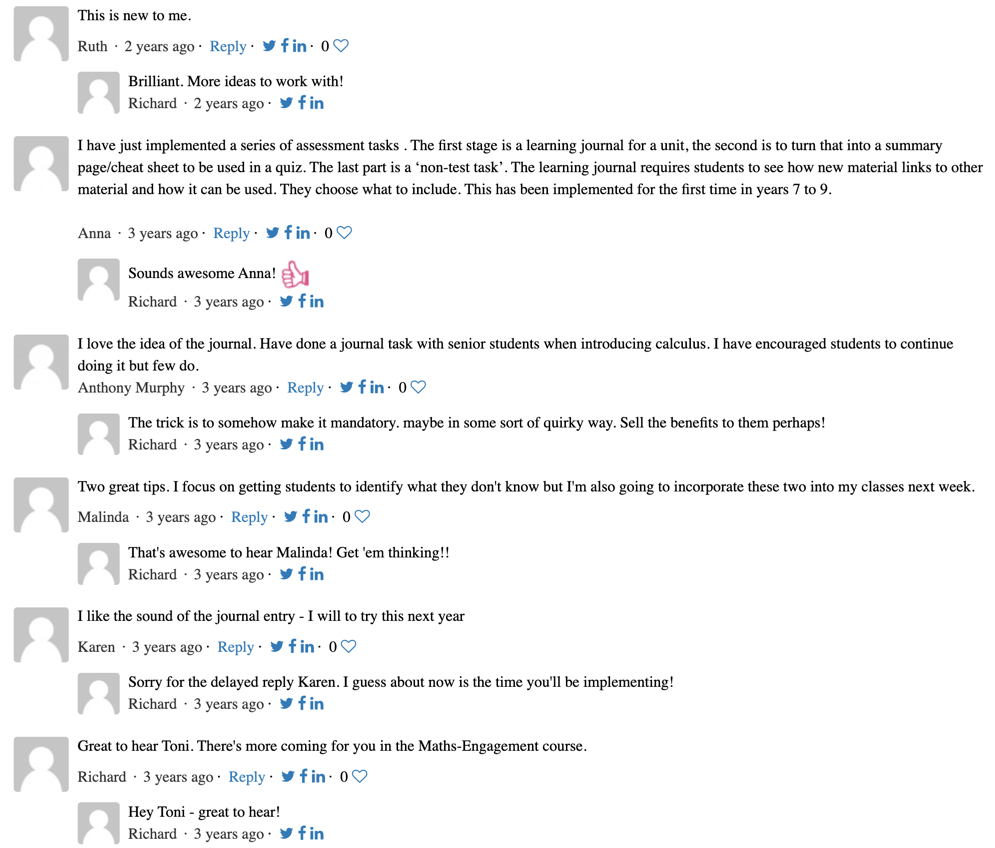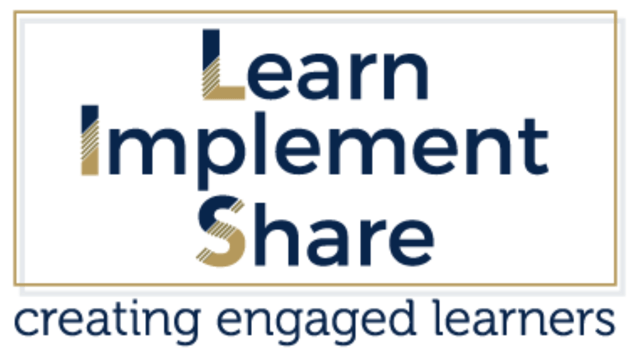2 Metacognition Strategies To Get Your Students
Thinking About Their Learning
... And Why It’s Important
Metacognition - the process of thinking about your thinking - has long been associated with philosophy. The idea that metacognition should be brought into the field of education, however, is a more recent idea.
For many students, engaging in metacognitive thinking is foreign. Our students today have been engulfed by Facebook, Reality TV, and all forms of modern media - media which tends to ‘massage the viewer’s brain’ into passivity and acceptance of whatever ‘fashion’ is being directed at them. The result, one could argue, is the opposite of critical thinking.
For many students, engaging in metacognitive thinking is foreign. Our students today have been engulfed by Facebook, Reality TV, and all forms of modern media - media which tends to ‘massage the viewer’s brain’ into passivity and acceptance of whatever ‘fashion’ is being directed at them. The result, one could argue, is the opposite of critical thinking.
If we want students to be successful learners - i.e. to be somewhat self-directed and to take responsibility for their learning - then they need to engage in metacognitive thinking; they need to be reflecting on their learning, on what they know and what they don’t know. And for those who think this is a given, it isn’t. I’d argue that the majority of students do not apply metacognition to their learning.
Below are two metacognition strategies to help to get students thinking about their learning:
Below are two metacognition strategies to help to get students thinking about their learning:
1. Use verbal prompts such as: “Hands up if you know that you know …”
The Scenario
|
One or more students who are progressing well in their unit of work require help on a particular concept. Instead of stopping the whole class to explain the point at hand - thereby disrupting the learning of those who already understand the concept, or overloading students who are not yet ready for this information - the metacognitive verbal prompt “Hands up if you know that you know … ” (and therefore don’t need to listen to the new information) encourages students to think metacognitively as well as offering students a choice.
Metacognitive PurposeThe above strategy requires students to think about their level of understanding regarding their current work - “Do I understand this aspect or not?” “Am I ready for this new information?” This is metacognition at work. Importantly, it also offers students a choice - “Is it better that I don’t listen but continue working?” Students can choose to listen or not to listen - a choice based on their metacognitive thinking. Furthermore, it creates a mini 'need to learn' in those students who have chosen to listen and having a ‘need to learn’ is an important precursor to learning. When asking students several times every lesson to “put your hand up if you know that you know”, the process of evaluating their own learning becomes ingrained.
|
2) Metacognitive Lesson Journals
The Scenario
Students are asked to write a paragraph about the day’s lesson, the week’s work, the current unit, etc. The journal can take the form of a regular (daily/weekly) journal, or they can occur more randomly. Entries can be written into their workbooks, a separate journal book, an online blog or could simply be submitted on blank paper. Some teachers have their students write on small, hand-held whiteboards (laminated A4 paper) and display their comments to the class at the end of the journal writing session.
Journal entries can be responses to teacher-initiated questions such as ‘What did I learn?’, ‘What did I enjoy?’, ‘What new thinking did I use?’, and so on.
Journal entries can be responses to teacher-initiated questions such as ‘What did I learn?’, ‘What did I enjoy?’, ‘What new thinking did I use?’, and so on.
Metacognitive Purpose
Again, this strategy requires students to think about their current learning, however, it also allows them to reflect regularly on their learning. Once again, this is metacognition at work.
Over to you ...
Do you actively encourage metacognition in your students? If yes, what strategies do you use? Has this article prompted you to strive for more metacognition? I'd love to hear your thoughts! Otherwise, if you’d like to read more about how such metacognitive thinking helps students take responsibility of their learning, and why this is so important, have a read of my other article: ‘Let’s put an end to spoon feeding and create self-directed learners!’. Or if you’re interested in the part student engagement plays in all of this, have a listen/read of an interview I gave on exactly this topic here.
NOTE: Create a Hyvor account before commenting so you are notified of replies to your comment (if you don't you'll be anonymous) ... OR ... state your name at the start of your comment. Thanks.
NOTE: Create a Hyvor account before commenting so you are notified of replies to your comment (if you don't you'll be anonymous) ... OR ... state your name at the start of your comment. Thanks.
Some Past Comments


